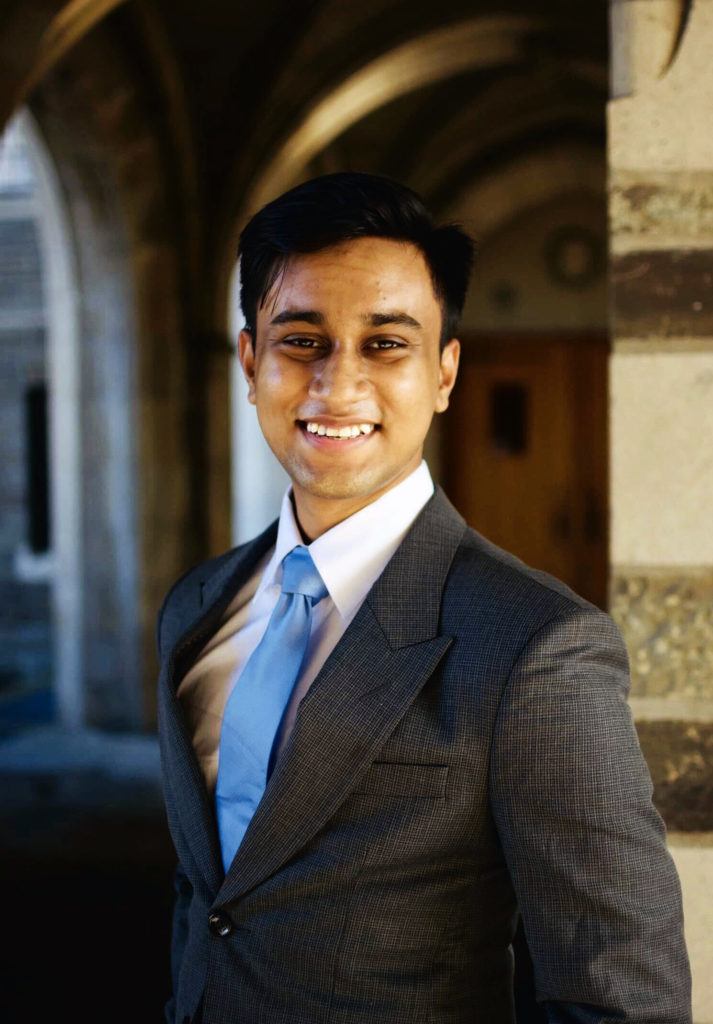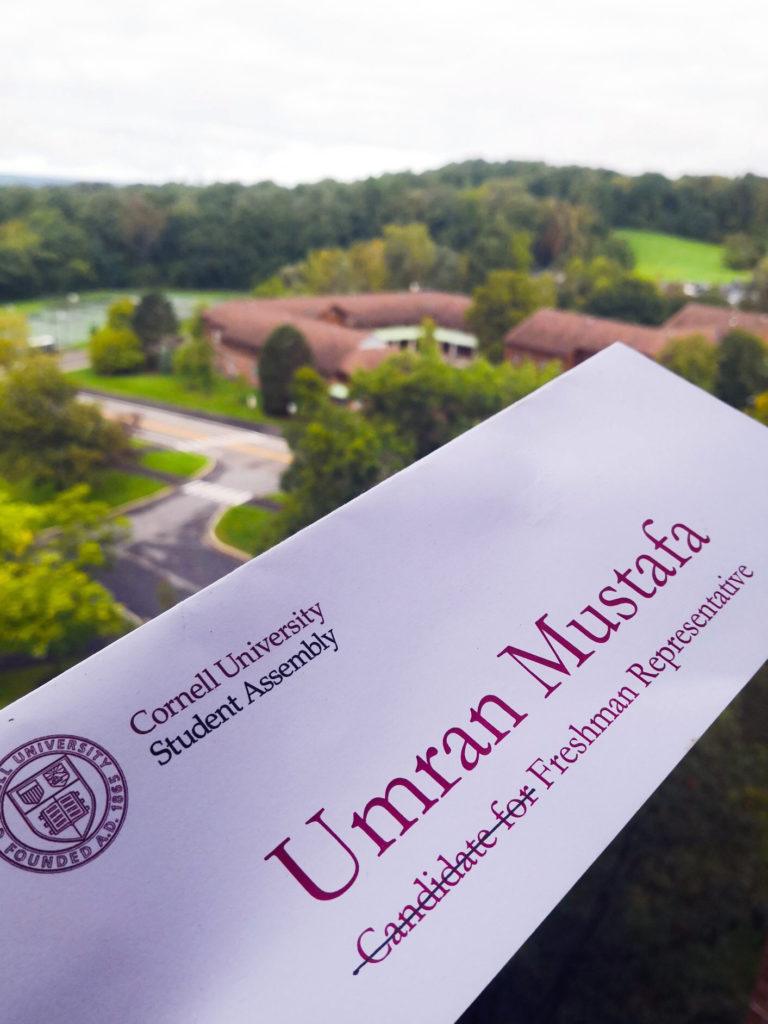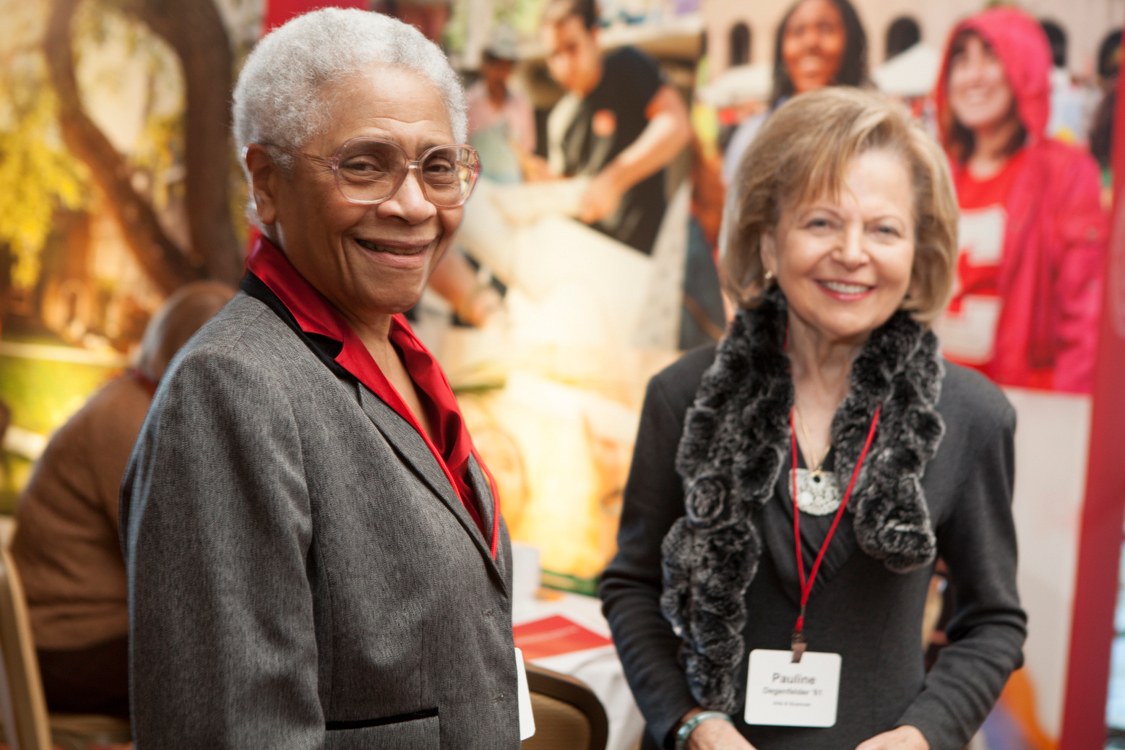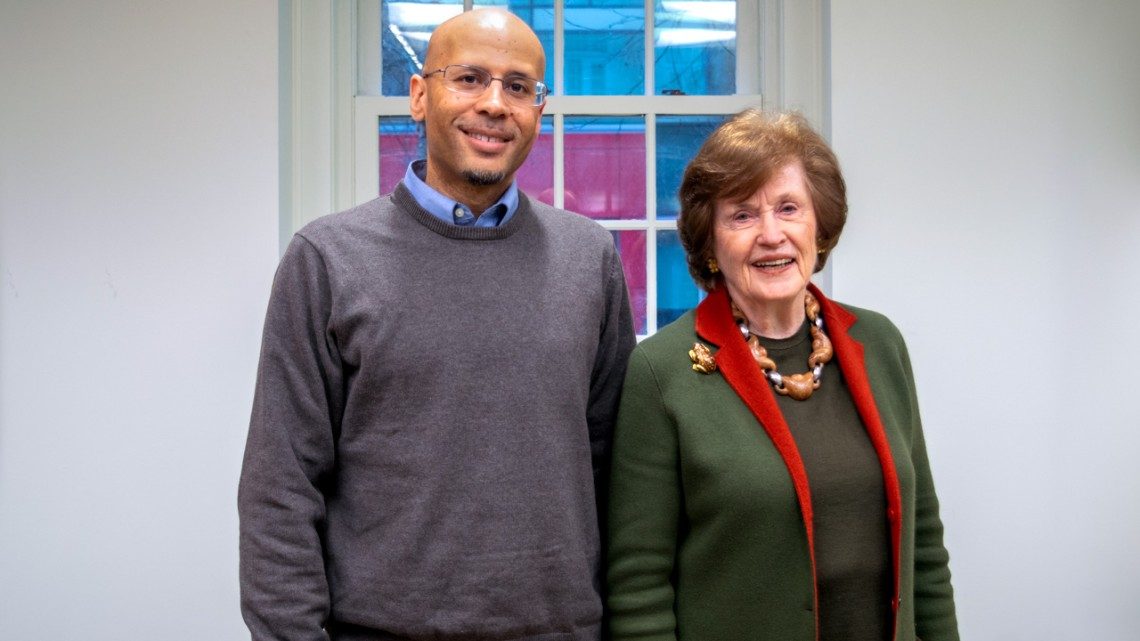Umran Mustafa ’22 was born and raised in Dhaka, the capital city of Bangladesh. Dhaka is home to more than 20 million people. According to Umran, the city is rapidly growing, as “flocks of people from all over the country arrive every day, hoping to find a better life.” He explains that a common saying in Dhaka is that everyone there has a unique story to tell.
Umran considers himself fortunate to have been raised by parents who were well educated, unlike many Bangladeshis. His father was a professor at a top-tier engineering university and his mother has a masters degree in sociology. His older sister is completing her MBA and working for the World Bank in Dhaka. Umran is grateful to his parents, who raised him with “strong morals and immense love.”
I was always encouraged by my family to dream larger than life.
Many Bangledeshis do not enjoy the same advantages, explains Umran. “Growing up, I saw the people of my country struggle with poverty, and I had a tough time accepting the blatant economic inequality present in Bangladesh,” he says. More than 26 percent of adults in Bangladesh are illiterate according to statistics released by Bangladesh Bureau of Statistics in May 2019.
“I was always encouraged by my family to dream larger than life,” Umran says. “I want to help my countrymen secure financial liberty and provide them with the tools to dig themselves out of the poverty trap.”

Seeking the best possible education
In an effort to achieve this lofty goal, Umran is committed to getting “the best possible” education.
He had the opportunity to visit the US and tour the Cornell campus during his junior year of high school. “I immediately fell in love with Cornell,” he says. Umran applied early decision and was accepted.
“Cornell’s financial aid package assured me that finances would not be a barrier for me,” he explains. Without financial aid, Umran believes that the cost of attending Cornell would have been “an enormous burden” on his family, and he would have opted to remain in Bangladesh to complete his undergraduate studies.
Umran is currently a sophomore in the Charles H. Dyson School of Applied Economics and Management, where he is studying finance and international trade and development.
As an international student, Umran admits that he did experience “culture shock” when he first arrived on campus. “I decided to combat this challenge head-on,” he says. In his first semester he decided to run for office, as a freshman representative in the Student Assembly (SA). “I actively made friends around campus,” he says, and he successfully won a seat. Last year, he served on the SA’s Infrastructure Funds Committee, working to implement student-led initiatives to improve campus infrastructure.

Receiving help and giving it
Since arriving at Cornell, Umran says that he has come to recognize the importance of reaching out for help, when he needs it. “I learned the importance of not hesitating to ask questions or seek help,” he says. “Help is usually just a knock away, but most of us decide to shy away.”
Umran recalls a particularly challenging class on spreadsheets. “I had spent considerable time trying to understand a specific tool used for forecasting data. My mother advised me to simply ask the professor to sit down with me for a few minutes and guide me through it. After the next lecture, I mustered up the courage to approach the professor. To my surprise, she gladly sat down with me after class and made sure I was completely clear on the concepts.”
Since then, Umran says he never hesitates to ask for help, “rather than struggling to solve a problem solely by oneself.”

Umran encourages other international students to have faith in themselves and “to be more confident in expressing their interests and not worry about fitting into a mold.” He believes that the Cornell community—including students, faculty, and staff—is incredibly welcoming. “My time at Cornell has made me realize how much this university values diversity in all forms,” he says.
After Cornell, Umran hopes to pursue a graduate degree in public administration. Equipped with a strong foundation in economics and finance, he hopes to return to Bangladesh to work in the policy arena, either on behalf of the government or as an employee of a non-profit development organization. Umran says he is driven by his desire to return to his country and give back to his people. “In the long run,” he says, “I would like to go back to Bangladesh and engage in projects which have a direct positive impact on the livelihood of the people there.”
Finding another family away from home

Umran is the recipient of the Sacha Levitan MD Memorial Scholarship, which is awarded to international applicants with strong academic records and demonstrated financial need. Since coming to Cornell, Umran has formed a close relationship with Dr. Alexander Levitan ’59 and his wife Lucy. The Levitans invited Umran to visit them in their Minnesota home in spring 2019, where he spent a week as their guest. “This was a wonderful experience for me,” he says, “and I am lucky to have another family away from home.”
My time at Cornell has made me realize how much this university values diversity in all forms.
The Levitans first established a scholarship endowment for international students at Cornell in 1999, in honor of Dr. Levitan’s father. They increased the endowment in 2011, as part of the Martin Y. Tang International Scholarship Challenge. The couple has given more than $1.5 million to Cornell.
In a 2012 interview in Ezra Magazine, Dr. Levitan explained the impetus for his scholarship gift. “My father emigrated from Russia to France as a young person,” explains Levitan. “He received both of his degrees at the expense of the French government, and he was eternally grateful to the French for this. It was really a life changer for him. That was my motivation.”






